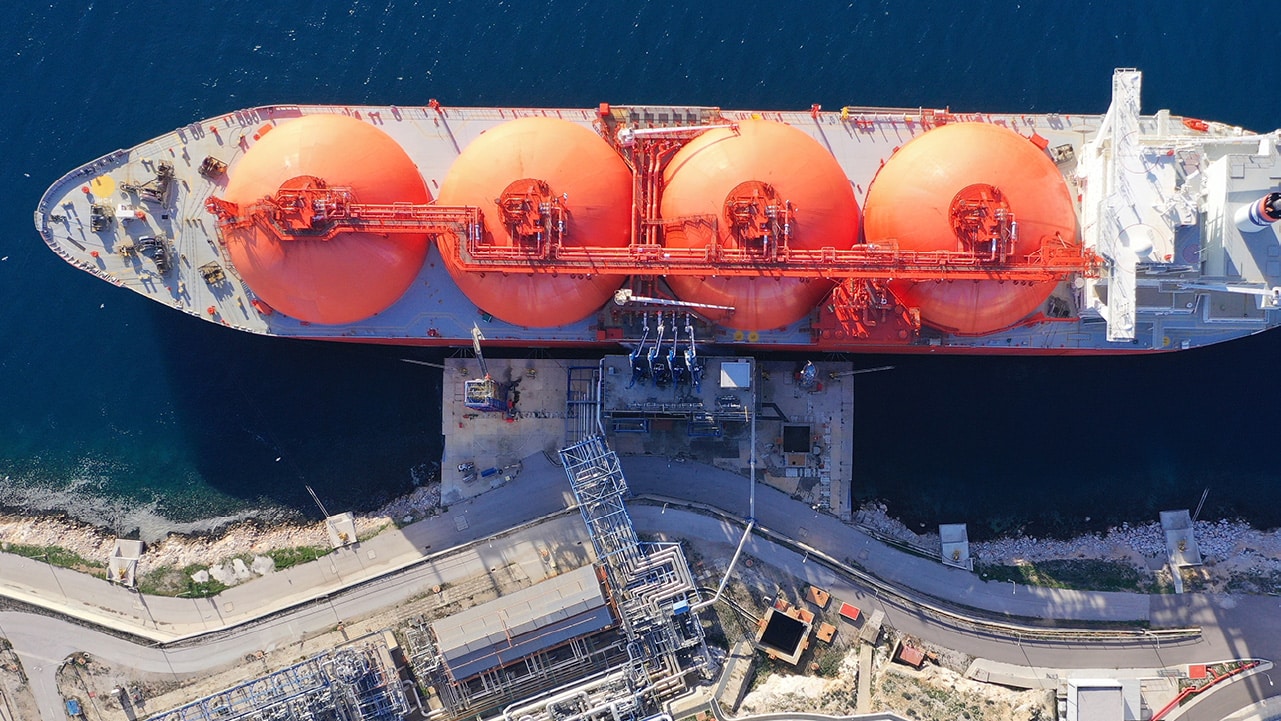API 620 Design & Testing of Large Welded Cargo Tanks
The American Petroleum Institute (API) standard API 620 provides comprehensive guidelines and requirements for the design, manufacturing, testing, installation, commissioning, and operation of large welded cargo tanks used in marine transport. These tanks are integral to ensuring that oil products can be safely stored and transported across vast oceanic distances. Compliance with this standard is crucial given its role in enhancing safety standards while mitigating risks associated with product spillage, fire hazards, and environmental pollution.
API 620 mandates rigorous testing procedures aimed at guaranteeing the structural integrity of cargo tanks. This includes hydrostatic pressure tests, gas tightness checks, and fatigue life assessments among others. The standard also emphasizes non-destructive testing methods such as radiography, ultrasonic inspection, magnetic particle examination, and liquid penetrant testing to identify any potential flaws within the tank walls or welds.
When selecting materials for these tanks, manufacturers must adhere strictly to API 620 requirements regarding material specifications. Commonly used materials include carbon steel grades like A516 Gr.70, stainless steels such as AISI 304L, and nickel alloys like Alloy 825 based on the intended service conditions of the vessel.
The testing process for API 620-compliant tanks involves several stages. Initially, a detailed finite element analysis (FEA) model is created to simulate various loading scenarios and assess stresses experienced throughout the tank structure during operations. Following this step comes extensive manufacturing controls including precise tolerances on dimensions and surface finish of all components.
Next up are individual component tests which ensure each part meets stringent quality standards before assembly into a complete system. Once assembled, the entire cargo tank undergoes comprehensive testing under both static and dynamic loading conditions to evaluate its performance characteristics under simulated operational environments. During these trials, parameters such as elongation, yield strength, creep resistance, fatigue behavior among others are closely monitored.
One key aspect of API 620 compliance is ensuring that the final product can withstand extreme environmental factors encountered during maritime voyages. This includes exposure to saltwater corrosion, high temperatures and pressures, vibration from ship motion, and varying levels of stress due to changes in temperature and load distribution over time.
Compliance with API 620 not only ensures a safe working environment for personnel involved but also protects against potential accidents or incidents that could lead to significant financial losses. By adhering strictly to these guidelines, ship owners can rest assured knowing their vessels are equipped with reliable cargo tanks capable of handling the rigors of long-distance oceanic travel.
Why It Matters
The importance of API 620 standards cannot be overstated when it comes to marine & ship equipment testing. These guidelines serve as a benchmark for ensuring that cargo and tank systems are designed, manufactured, and tested in accordance with international best practices. Compliance helps mitigate risks associated with product spillage, fire hazards, and environmental pollution.
- Enhances safety standards
- Mitigates risks of accidents or incidents
- Protects against significant financial losses
- Ensures reliable cargo tanks capable of handling the rigors of long-distance oceanic travel
The stringent requirements imposed by API 620 also contribute towards reducing operational costs in the long run by minimizing maintenance needs and extending the lifespan of equipment. Additionally, meeting these standards can enhance a company's reputation among customers who prioritize safety and reliability.
Furthermore, compliance with API 620 is often a prerequisite for obtaining certification from recognized bodies such as Lloyd's Register or DNV GL. This adds credibility to your operations and demonstrates commitment to maintaining high-quality standards within the industry.
Eurolab Advantages
At Eurolab, we pride ourselves on delivering comprehensive marine & ship equipment testing services that meet all relevant regulatory requirements, including API 620. Our team of experts has extensive experience in this field and understands the unique challenges associated with ensuring compliance for large welded cargo tanks.
- Experienced professionals specializing in API 620 testing
- State-of-the-art facilities equipped to perform all required tests
- In-depth knowledge of international standards including ISO, ASTM, EN, IEC and more
- Comprehensive reporting services providing clear insights into test results
We offer a full suite of testing capabilities tailored specifically to the needs of API 620-compliant cargo tanks. From initial design reviews through final acceptance inspections, our team ensures every aspect of your project adheres strictly to the specified guidelines.
Our commitment extends beyond just meeting regulatory requirements; we work closely with clients throughout the entire process to provide valuable feedback and recommendations that can help improve overall product quality. By partnering with Eurolab for your API 620 testing needs, you gain access to unparalleled expertise and resources designed specifically to meet industry expectations.
Quality and Reliability Assurance
The quality assurance process for API 620-compliant cargo tanks involves multiple layers of inspection and evaluation at various stages of development. Here’s an overview:
- Initial Design Review: Before any construction begins, our engineers review the design plans to ensure they meet all necessary requirements.
- Component Inspection: Each component undergoes thorough inspections before assembly into a complete system.
- Assembly Inspection: Once assembled, the entire cargo tank is inspected for defects or discrepancies from specifications.
- Functional Testing: The final step involves functional testing under both static and dynamic loading conditions to evaluate performance characteristics.
Throughout this process, we employ advanced inspection techniques including radiography, ultrasonic scanning, eddy current testing, and other non-destructive evaluation methods. These tools allow us to detect even the smallest imperfections early on in the production cycle when they are still easily correctable.
In addition to these visual inspections, we also conduct detailed finite element analyses (FEA) to predict how different loading scenarios will affect the tank structure over time. This helps identify any potential weak points before they become critical issues during actual use.





